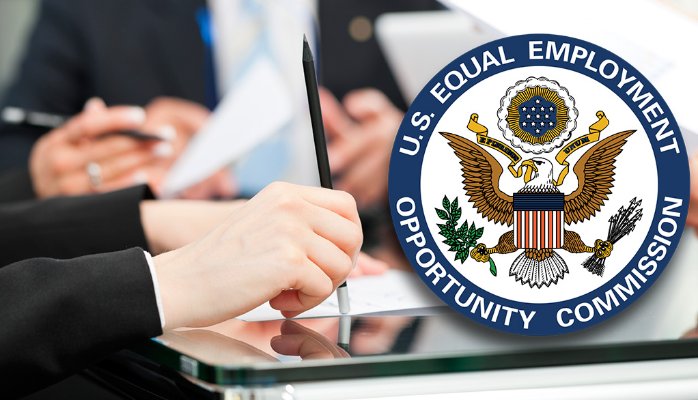In an important decision affecting Florida employers, on March 10, 2017, the Eleventh Circuit Court of Appeals decided that sexual orientation discrimination is not actionable under Title VII. Title VII is the federal law that protects employees from employment discrimination in the workplace, but it is not the only law. Florida state law, as well as local ordinances (city and county) also regulate employer conduct. Florida state law does not protect sexual orientation, but many cities and counties protect sexual orientation, therefore employer policies and practices should reflect and comply with all applicable regulations. When necessary, employers also should take care to cover sexual orientation as a protected category when providing antidiscrimination and antiharassment training to employees and their supervisors.
In the case of Evans v. Georgia Regional Hospital, the plaintiff was a security guard at the Georgia Regional Hospital. Her lawsuit was based on claims that she was discriminated against because of her sex and terminated for not carrying herself in a “traditionally womanly manner.” Ms. Evans was gay and alleged that she did not broadcast her sexuality; however, she clearly identified as a male and presented herself as male by wearing a male uniform, a male haircut, and men’s shoes. She claimed that she was terminated for gender non-conformity and retaliation after she complained to her employer about the alleged discrimination.
While the appellate court found that discrimination based on gender non-conformity is actionable, it held that prior precedent mandated that sexual orientation discrimination is not recognized under Title VII. It concluded that the majority of other circuits have held that sexual orientation discrimination is not actionable under Title VII. However, on April 4, the Seventh Circuit issued a groundbreaking decision that discrimination on the basis of sexual orientation is a form of sex discrimination prohibited under Title VII of the Civil Rights Act of 1964. This sets up a future decision by the U.S. Supreme Court on this subject.
Under the Obama Administration, the EEOC has taken the position that all complaints of discrimination on the basis of sexual orientation are sex discrimination claims under Title VII, at least for claims against the federal government.
Consultstu LLC provides fractional HR services to small/mid businesses to lower operational costs, improve business processes and comply with workplace regulations. We deliver customized HR and risk management solutions that provide protection from expensive mistakes and strategies to improve workplace results. Call us at 727-350-0370 or visit http://www.consultstu.com









